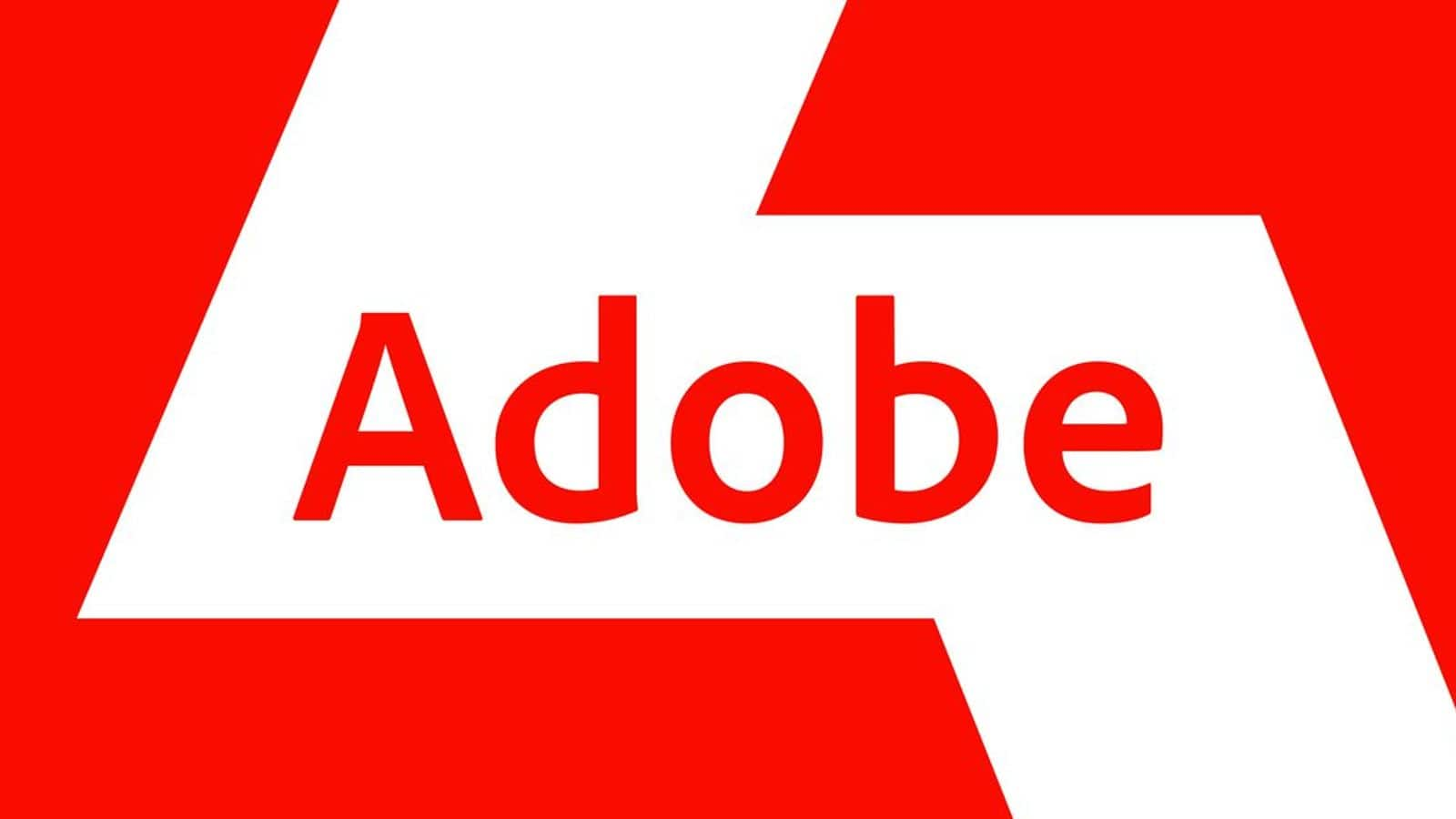Adobe won't use your content to train its AI anymore
What's the story
Adobe has updated its terms of service agreement, following recent criticism over perceived changes.
The company now clearly states that user content, whether it is stored locally or in the cloud, will not be used to train its generative artificial intelligence (AI) systems.
The only exception is content submitted to the Adobe Stock marketplace, which can be used to train Adobe Firefly.
Policy clarification
Adobe clarifies policy on AI training
The revised agreement now comprises several distinct categories, one of which is dedicated to generative AI.
Adobe's Chief Strategy Officer, Scott Belsky, clarified that these changes do not represent a shift in policy but are intended to clear up confusion.
"We've explicitly said we will not train generative AI on your content," Belsky told The Verge.
"It was always a policy that we had as a company. We always made that very clear, but we never explicitly said that."
Assurance
Addressing concerns over NDA content scanning
The updated terms also address concerns surrounding Adobe scanning content, created under a nondisclosure agreement (NDA).
The company said it does not "scan or review" work stored locally on user devices.
Automatic scanning is only applicable to content uploaded to the cloud, to "ensure we are not hosting illegal or abusive content, like Child Sexual Abuse Material."
Human review of cloud-uploaded work occurs if it's flagged as illegal or if users opt into a prerelease, beta, or product improvement program.
Legal issues
Adobe faces lawsuit amid user frustration
The recent changes in the terms of service were misinterpreted by users as granting Adobe permission to use their work for AI training, leading to widespread frustration among creatives.
The Department of Justice (DOJ) is currently suing Adobe for allegedly hiding costly cancellation fees, and making it difficult for users to cancel their subscriptions.
Belsky acknowledged that some user frustration could be traced back to Adobe's shift to a subscription-only model in 2012.
